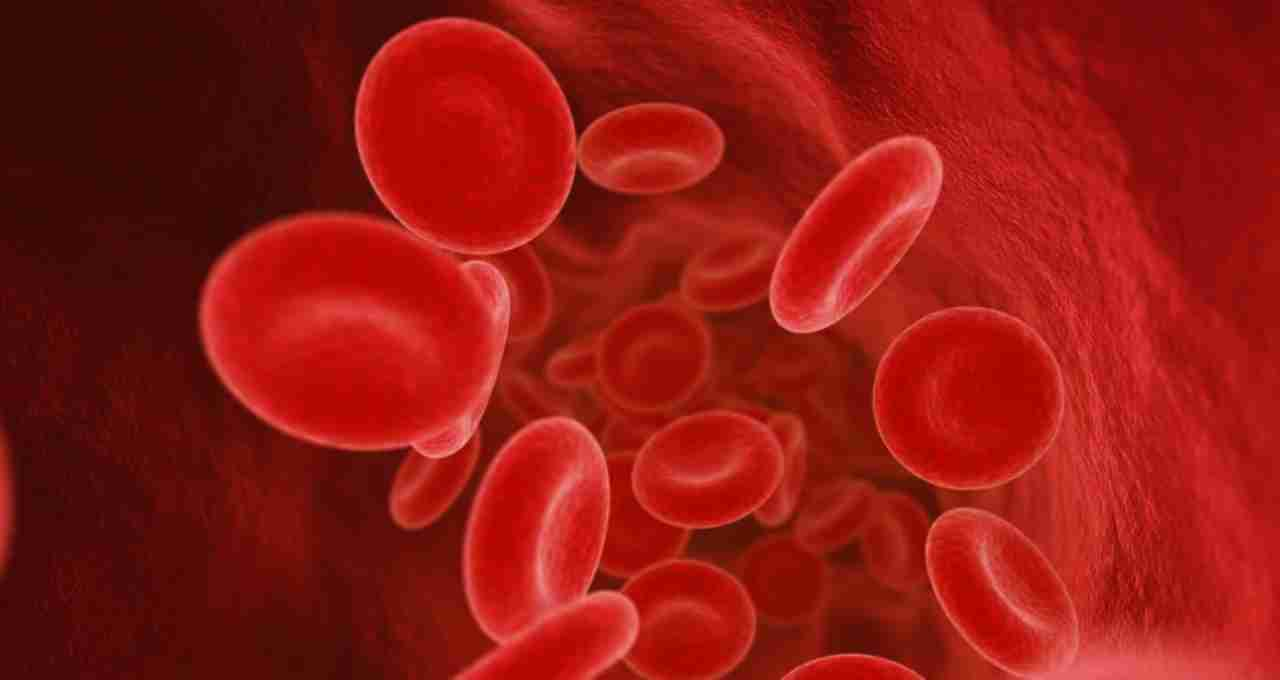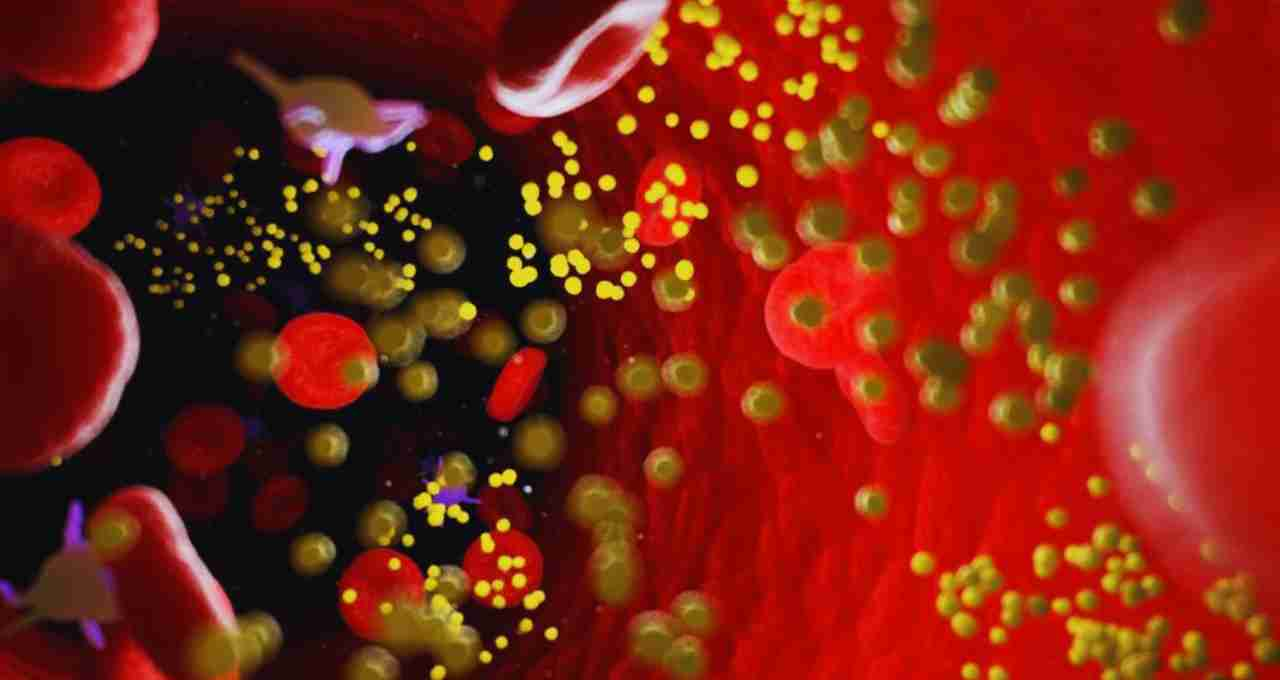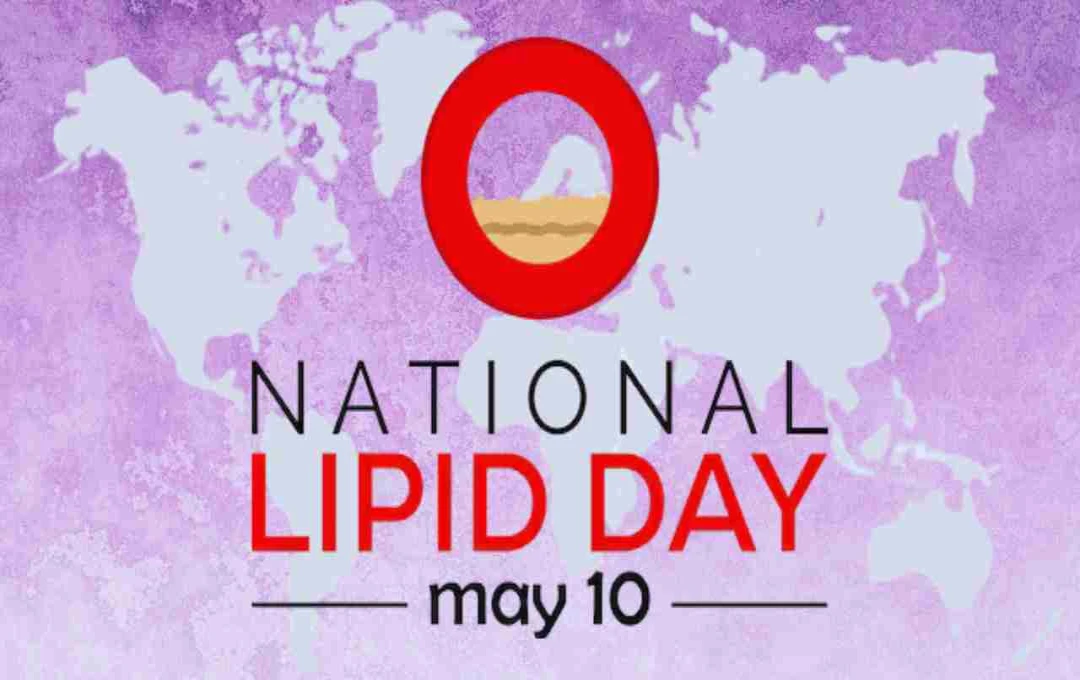National Lipid Day is observed annually on May 10th to raise awareness about the role of lipids (fats) in the body and their impact on health. Lipids are crucial for bodily functions, but imbalances can lead to heart disease and other health issues. This day aims to promote understanding of lipid importance and inspire healthy lifestyle choices.
What are Lipids?
Lipids are fats found in the body and are essential for various bodily functions. They provide energy, maintain cell structure, and aid in hormone production. Additionally, lipids help regulate body temperature.
Two main types of lipids are cholesterol and triglycerides.
Cholesterol is found in the blood and is necessary for bodily functions. However, excessively high levels can contribute to heart disease and other health problems.
Triglycerides are another energy source in the body, but high levels also increase the risk of heart disease.
Lipids and Heart Health
- Maintaining a balanced lipid profile is vital, especially for heart health. Lipids are primarily categorized as LDL (low-density lipoprotein) and HDL (high-density lipoprotein).
- LDL is often referred to as "bad cholesterol" because high levels can accumulate in blood vessels, obstructing blood flow. This can lead to heart disease, heart attacks, and strokes.
- HDL is considered "good cholesterol" as it helps remove bad cholesterol from the body, positively impacting heart health.
Triglycerides, another form of lipid and an energy source, can also contribute to heart disease if levels are elevated. Therefore, a lipid profile test is crucial to assess cholesterol and triglyceride levels and mitigate the risk of heart disease. This allows for proactive health management.
What are Lipids?

National Lipid Day, observed annually on May 10th, highlights the importance of lipids like cholesterol and triglycerides and maintaining their optimal levels. A balanced lipid profile is crucial for heart and overall health.
Imbalanced lipid levels can lead to heart disease, stroke, and other health problems. The day aims to raise awareness about the importance of lipid profile tests, encouraging regular checks to prevent heart disease.
Lipid Profile Test: Why is it Important?
A lipid profile test measures cholesterol and triglyceride levels in the blood. This test helps determine if lipid levels are balanced. Imbalances increase the risk of heart disease. The test informs appropriate treatment and lifestyle adjustments for improved health.
Easy Tips for Maintaining Healthy Lipid Levels
While cholesterol and triglycerides are essential, maintaining balanced levels is crucial to prevent heart disease. Here are some tips to help maintain healthy lipid levels:
- Maintain a Balanced Diet: A healthy, balanced diet plays a significant role in managing lipid levels. Consume fruits, vegetables, whole grains, and fish. Omega-3 fatty acids, found in fish, walnuts, and flaxseeds, increase good cholesterol (HDL) and reduce bad cholesterol (LDL). A low-fat diet helps balance cholesterol levels.
- Regular Exercise: Physical activity increases good cholesterol (HDL) and lowers bad cholesterol (LDL) and triglycerides. Daily 30-minute exercise, such as yoga, running, cycling, or swimming, benefits heart health and helps manage weight, which impacts cholesterol and triglyceride levels.
- Manage Weight: Excess weight and obesity can affect lipid profiles. Maintaining a healthy weight is crucial as excess weight can increase bad cholesterol (LDL) and triglycerides. Regular exercise and a balanced diet are essential for weight management.
- Avoid Smoking: Smoking harms the body and lowers good cholesterol (HDL) while increasing bad cholesterol (LDL). Quitting smoking improves lipid levels and benefits heart health.
- Avoid a Sedentary Lifestyle: Lack of physical activity can cause lipid imbalances. Incorporate light activities like walking, climbing stairs, or household chores to improve overall health.
How to Observe National Lipid Day?

National Lipid Day aims to promote understanding of lipids (cholesterol and triglycerides) and encourage maintaining healthy levels.
- Get a Lipid Profile Test: This is the first step, measuring cholesterol and triglyceride levels. It's the most accurate way to assess lipid balance and is crucial for proactive health management.
- Adopt a Healthy Diet: Incorporate omega-3 fatty acids, fruits, vegetables, and whole grains. Omega-3 rich foods increase HDL and decrease LDL. Minimize high-fat and sugary foods to maintain balanced lipid levels.
- Incorporate Exercise: Daily exercise increases good cholesterol. Engage in activities like running, brisk walking, cycling, or yoga. Regular exercise helps control lipid levels and maintain a healthy weight.
- Raise Awareness: Educate family and friends about the importance of lipids, lipid profile tests, and healthy habits. This transforms the day into a public health awareness campaign.
- Avoid Smoking and Alcohol: Quit smoking; smoking and alcohol consumption negatively impact lipid profiles and heart health. Use this day as motivation for positive lifestyle changes.
National Lipid Day reminds us that maintaining a healthy lipid profile is crucial for heart and overall health. Regular lipid checks and a healthy lifestyle are the best ways to prevent heart disease. Celebrate this day by prioritizing your health, because a healthy heart needs healthy lipids.














